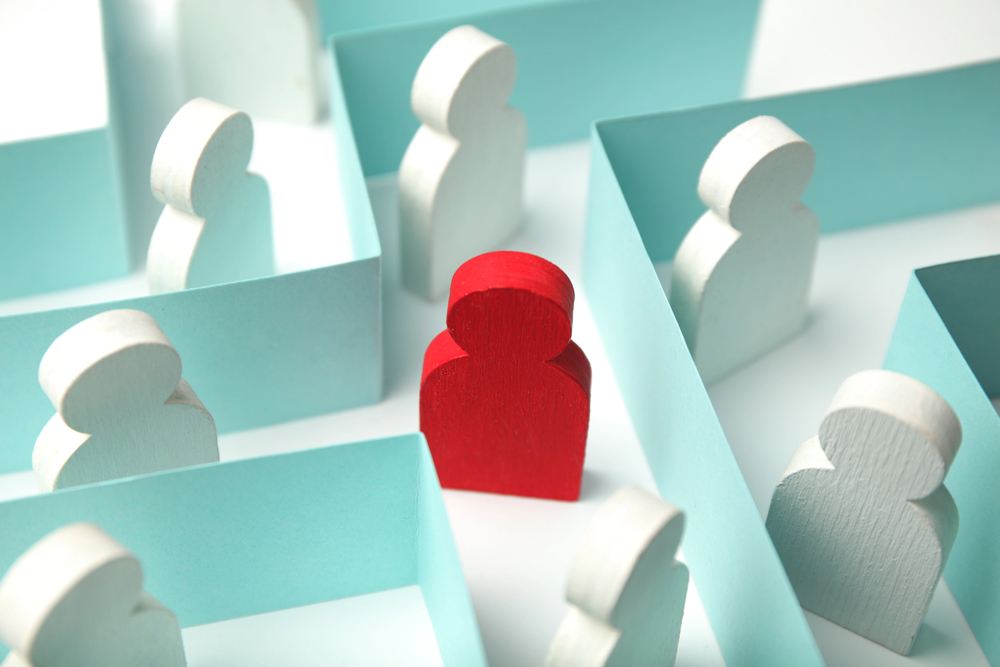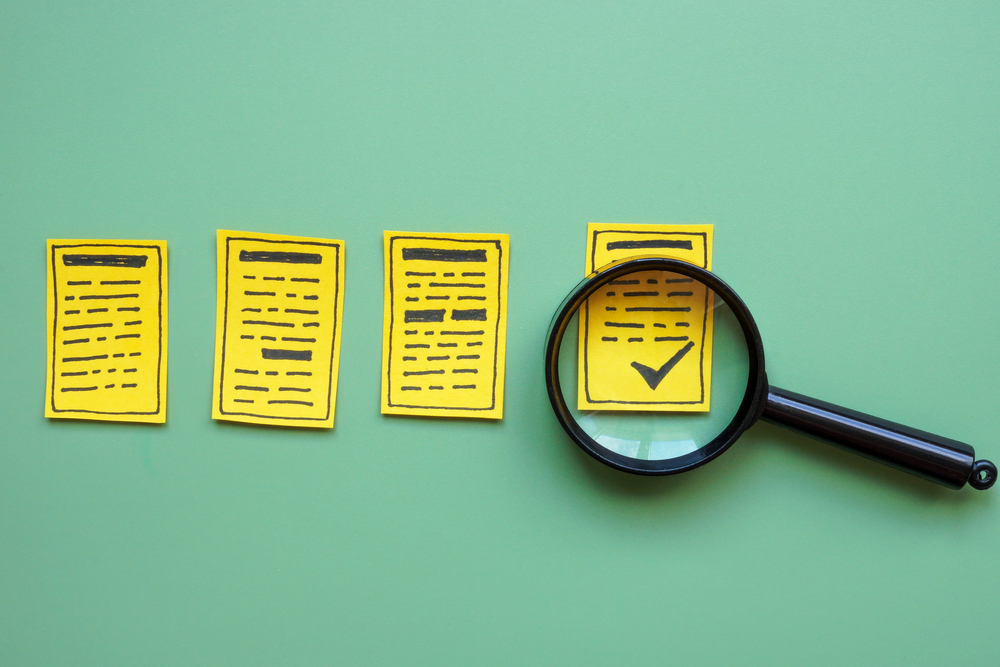Why Over-Productive People Need More Fun

By: Bri Burkhart
If your staff has an “all work and no play” mentality, they might be missing out on their next best idea.
Play is usually associated with silly or frivolous behavior, but having fun isn’t fruitless. The brain is wired to think more innovatively about the problems it isn’t solving in the moment [see sidebar]—which means scheduling “playtime” is important.
“Creating an environment that is fun and friendly can be very beneficial to an employer,” says Sara Spangler, manager of talent acquisition and engagement at Glatfelter Insurance Group. “Employees who develop friendships at work are less likely to leave their employer, because they don’t want to leave their friends.”
You don’t have to throw your to-do list out the window. You simply need to update it. Consider it a welcome party for your next “aha” moment.
Here are four ways over-productive people can have more fun at work:
1) Take playtime seriously. Find an activity that truly makes you happy, make it a reoccurring appointment on your calendar and treat it like a client meeting. Self-care positively impacts every area of your life.
2) Unplug. Do you feel obligated to answer emails and calls at all hours? Whether it’s the early morning or dinnertime, give yourself time each day to step away from electronics.
3) Remember your “why.” Know the benefits of playtime and downtime like you know your call-to-purchase ratio. Taking 30 minutes away from work might feel impossible in the moment, but in the long run, you’ll be better for it. Even a brief diversion can drastically improve your focus and productivity.
4) Incorporate fun into your existing schedule. Play a card game with colleagues or golf with a client, or turn mundane office tasks into friendly competitions.
As Spangler explains, “fun will ultimately create a better atmosphere that helps encourage a professional and efficient workplace, while promoting recruitment and retention.”
Bri Burkhart is an integrated marketing specialist at Glatfelter Program Managers, a division of Glatfelter Insurance Group.
Side Effects of Play
|










